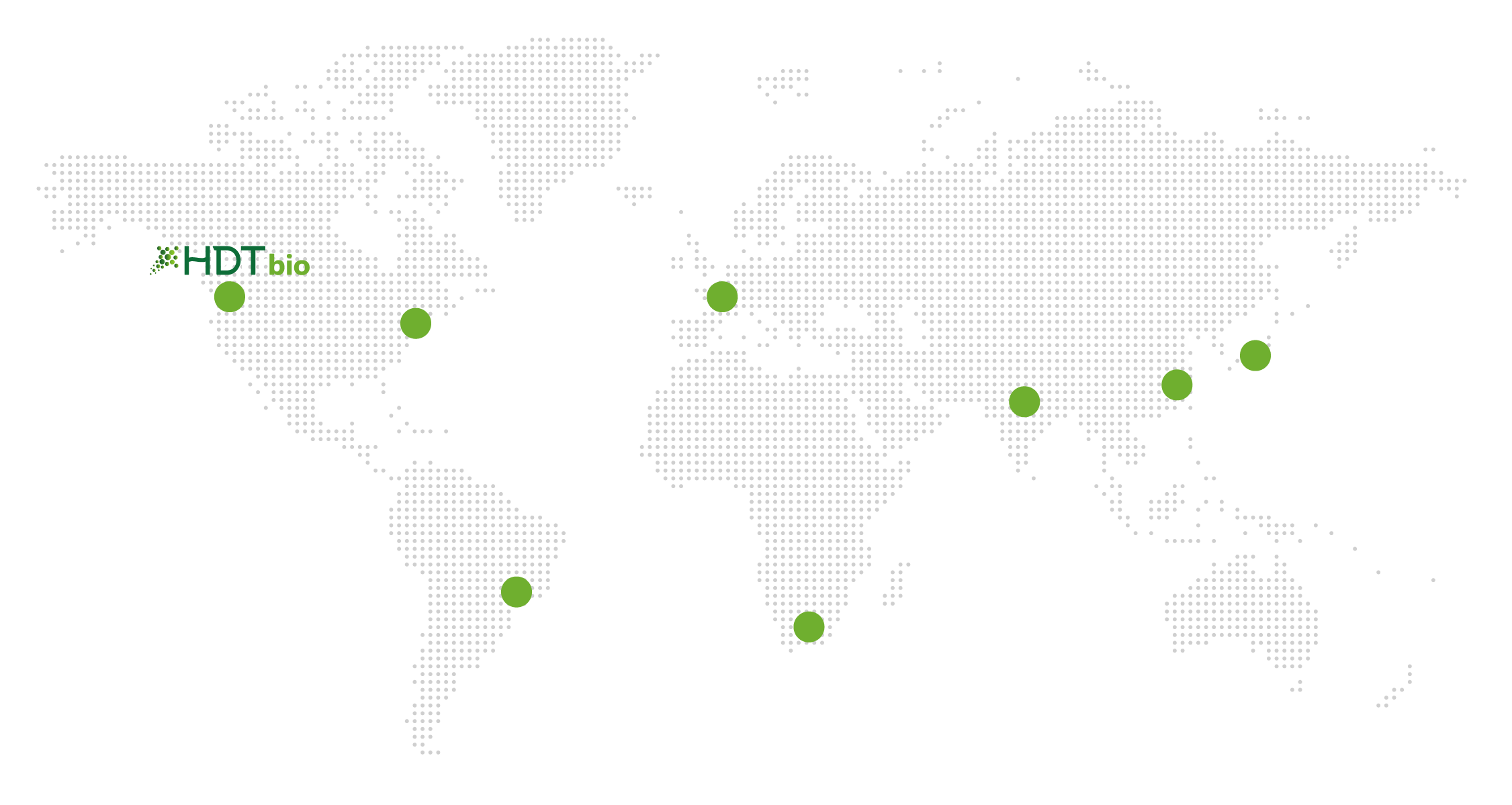Robust Partnerships
HDT Bio has created partnerships with established companies, foundations, and governmental institutions that provide revenue commitment, validate the company’s technology, and increase its visibility in the market.
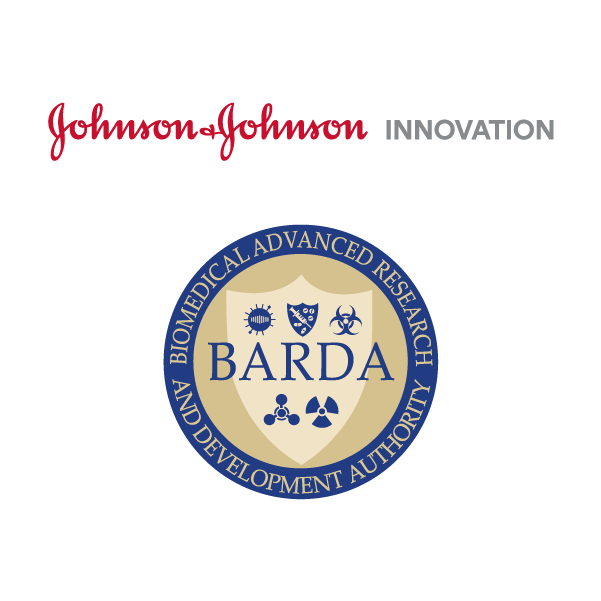
Johnson & Johnson and Blue Knight
HDT Bio was selected to participate in the prestigious Johnson & Johnson Innovation and Biomedical Advanced Research and Development Authority (BARDA)-led collaboration aimed at anticipating public health risks and amplifying scientific advancements to mitigate them.
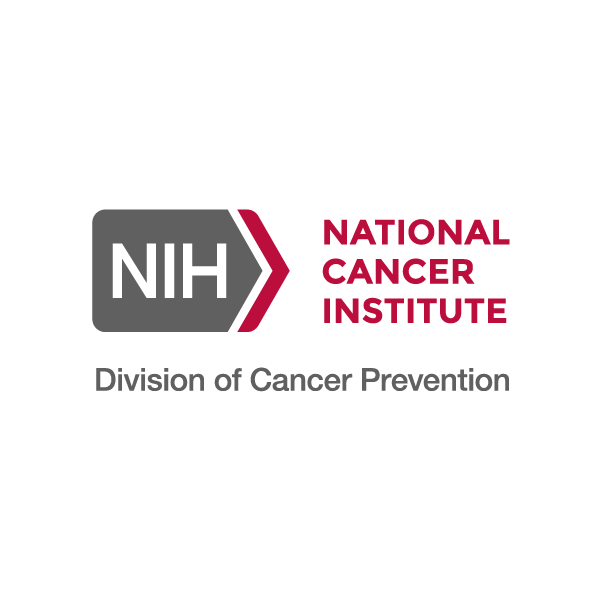
National Cancer Institute (PREVENT Program)
HDT Bio is partnered with the National Cancer Institute for the preclinical development of cancer vaccines using the AMPLIFY platform technology. Based on this data, the partnership can be expanded to support clinical trials.
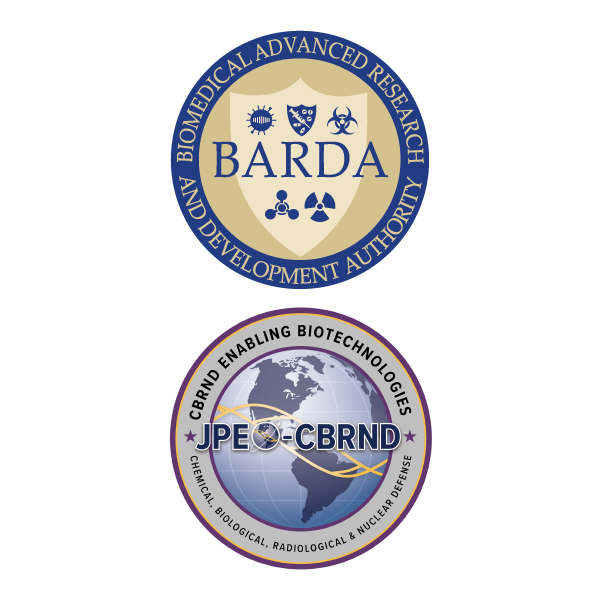
U.S. Department of Defense and the U.S. Department of Health and Human Services
HDT Bio and the University of Texas Medical Branch were awarded a project agreement worth $87.4 million and up to $250 million in milestones to utilize its repRNA/LION™ platform to develop vaccines against two emerging viral threats with military relevance. These two vaccines are called HDT-321 (Crimean-Congo hemorrhagic fever virus [CCHFV]) and HDT-331 (Nipah virus [NiV]).
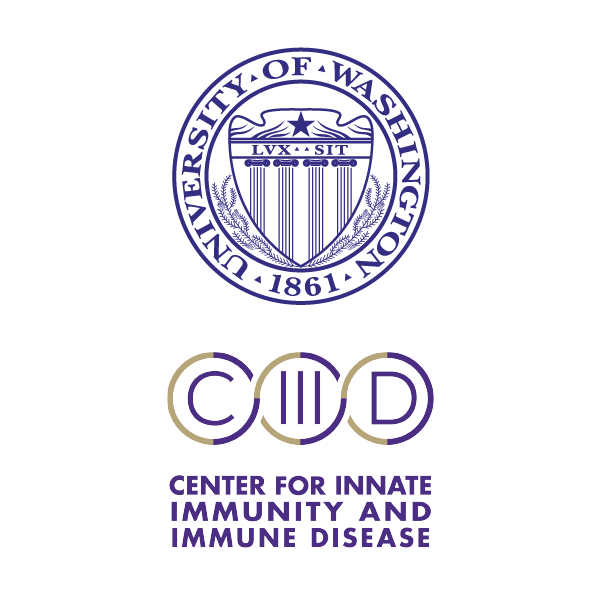
University of Washington
HDT Bio partners with the Center for Innate Immunity and Immune Disease at the University of Washington in discovery and application of RNA technologies for combating infectious disease and cancer.
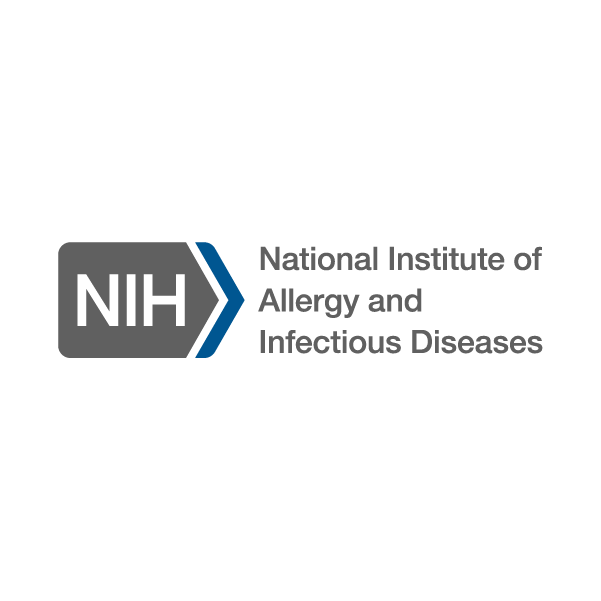
National Cancer Institute of Allergy and Infectious Diseases
NIAID conducts and supports basic and applied research to better understand, treat, and ultimately prevent infectious, immunologic, and allergic diseases. Among the 27 Institutes and Centers that comprise the National Institutes of Health, NIAID has a unique mandate, which requires the Institute to respond to emerging public health threats. Toward this end, NIAID manages a complex and diverse research portfolio that aims to expand the breadth and depth of knowledge in all areas of infectious, immunologic, and allergic diseases, as well as develop flexible domestic and international research capacities to respond appropriately to emerging and re-emerging disease threats at home and abroad.

Andy Hill Cancer Research Endowment (CARE) Fund
The Andy Hill Cancer Research Endowment (CARE) Fund, under law RCW Chapter 43.348, enables the State of Washington to appropriate a state match of up to $10 million annually to fund cancer research in Washington State. The fund is built on a public-private partnership model and incentivizes additional investment by requiring private or other non-state resources to match public funds. The fund seeks to optimizes the use of public funds by giving priority to research utilizing promising science and technology with a large potential to improve health outcomes.

Fred Hutch Cancer Center
The mission of the Fred Hutch Cancer Center is the elimination of cancer and related diseases as causes of human suffering and death. The Hutch conducts research of the highest standards to improve prevention and treatment of cancer and related diseases. Its cancer research has demonstrated the immune system’s potential to mitigate disease.
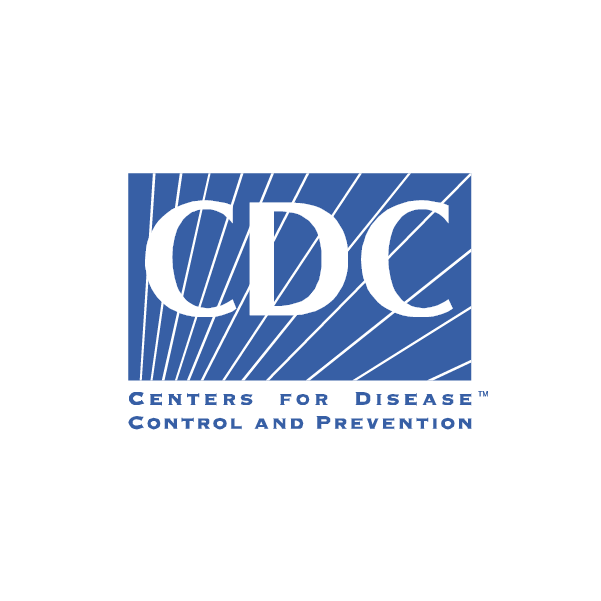
Center for Disease Control and Prevention
As the nation’s health protection agency, the Center for Disease Control and Prevention (CDC) works 24/7 to protect America from health, safety, and security threats, both foreign and in the U.S. The CDC also conducts critical scientific studies and provides health information that protects our nation against health threats.
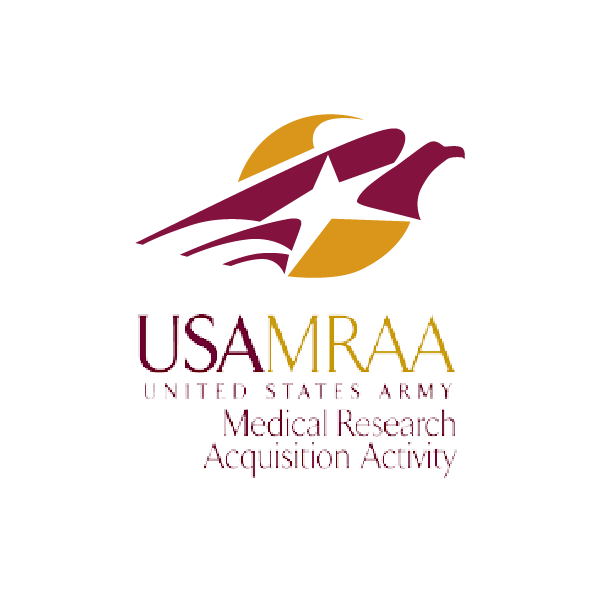
United States Army Medical Research Acquisition Activity
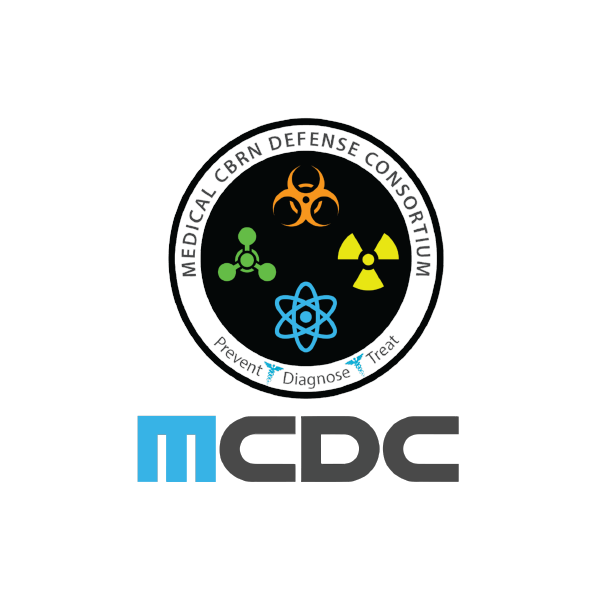
Medical CBRN Defense Consortium
The Medical CBRN Defense Consortium (MCDC) fosters collaboration between industry, academic, and not-for-profit partners for advanced development efforts to support the Department of Defense’s (DoD) medical pharmaceutical and diagnostic requirements as related to enhancing the mission effectiveness of military personnel. Through the Joint Program Executive Office for Chemical, Biological, Radiological and Nuclear Defense (JPEO-CBRND), the Medical Countermeasures Systems (MCS) Joint Project Management Office seeks innovative, safe and effective medical solutions to counter CBRN threats.
International Partnerships
Worldwide Partnerships with Technology Transfer Accelerate Delivery of Cutting-Edge Medicines to Patients
HDT Bio engages in global partnering through field-limited and territory-limited license agreements to maximize the impact of its technology and products. These partnerships enable patient access across varied markets and regulatory environments, accelerate progress in clinical development, provide broad access to expertise and resources, focus clinical trials in populations most affected by certain diseases, and potentially lead to quicker regulatory approvals. In addition to advancing clinical platform development, this strategy boosts global reputation and lays the groundwork for broader future collaborations. Establishing a presence in multiple regions not only enhances revenue opportunities but also provides valuable feedback to further refine HDT Bio’s platform technology. Through its partnerships, HDT has active research and development activities in the EU, Asia, India, South America, and Africa.
